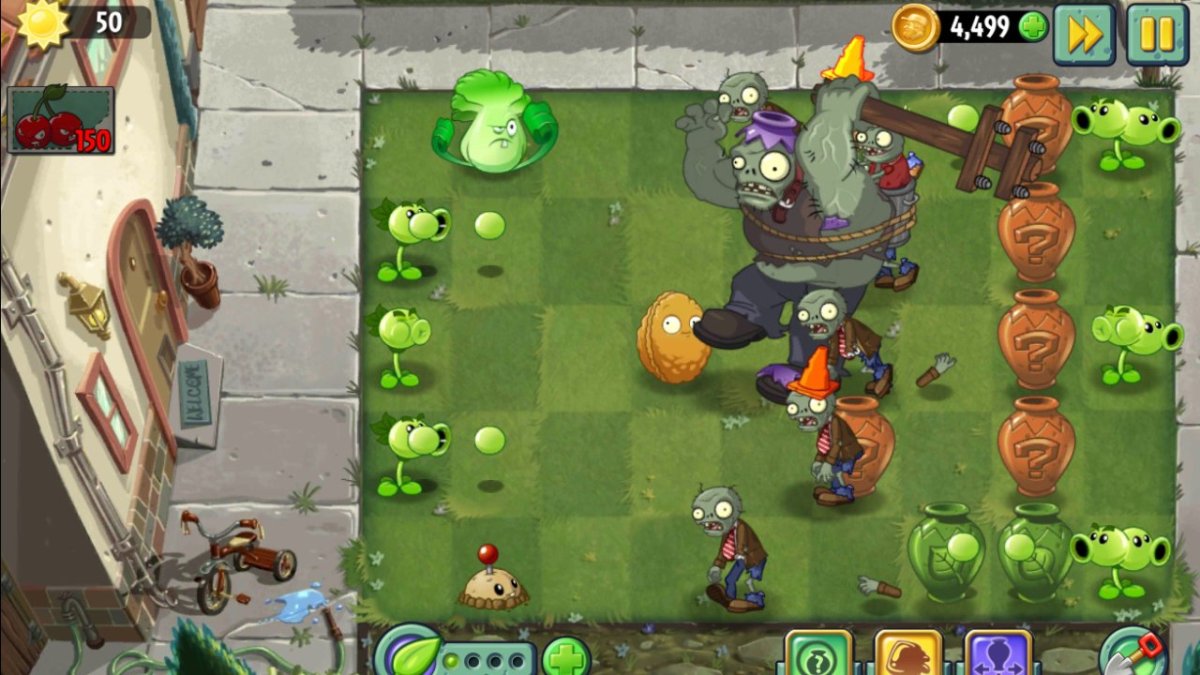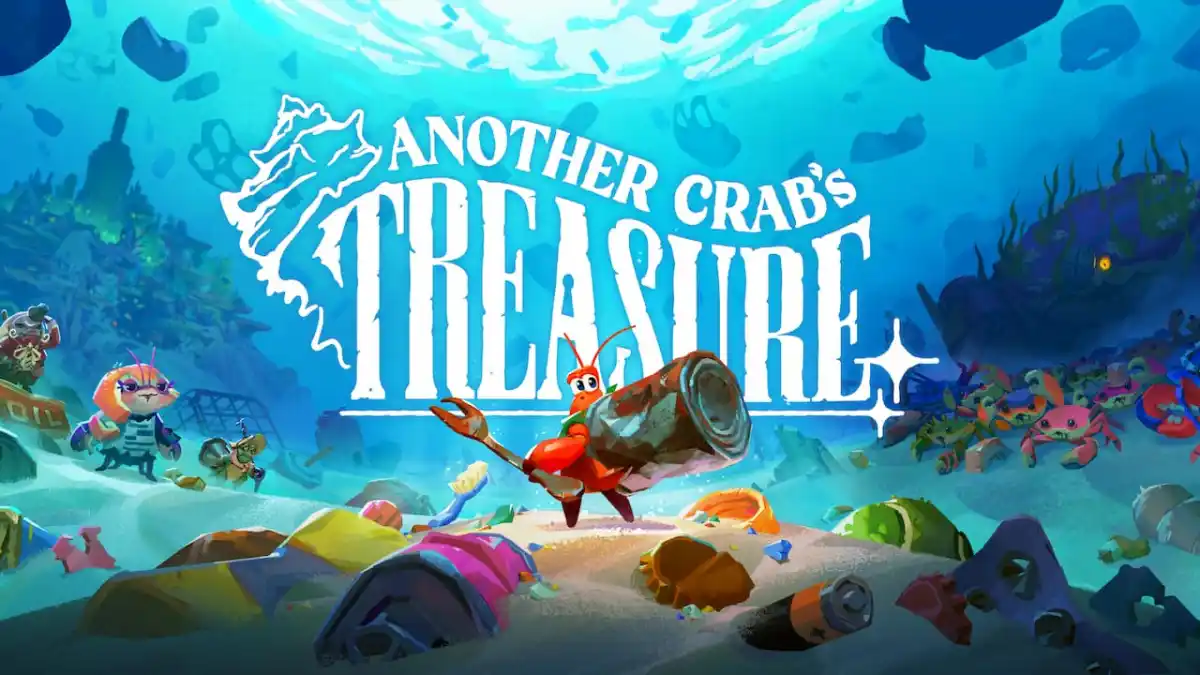Also, Tencent is there
This week at the Los Angeles Games Conference, experts on the Chinese video game industry spoke to a room of games professionals (and me) about how to find success overseas. “Maybe this panel should be called How to Lose Less in China,” said Michael Zhang, the founder and CEO of mobile publisher Firefly Games.
The panel also featured Isabel Gan, Director of Strategic Development at Mattel and Bill Wang, President of Overseas Business at 360 Games, and was moderated by Michael Cai, the President of Video Games at market research firm Interpret.
Over the course of the panel, the four executives dispelled rumors about publishing games in China. Since China still has an active censorship board, companies need to obtain a license to publish games. According to Zhang, it usually takes foreign companies around eight months to get the paperwork approved, so it often makes sense to partner with a Chinese third-party.
Unless, of course, that partner is Tencent. According to the panel, Tencent will take an 80% cut (70% if you’re really good at negotiation) from the game’s profits, spend three months deciding if they even want to publish your game, and then another seven months to a year editing the game to be suitable for a Chinese audience. That’s not an unreasonable timeframe for localization, but it comes down to the individual developer – is that 80% cut worth it to access Tencent’s enormous userbase?
(For those of you who are late to the party, Tencent owns the massively popular Chinese messaging app WeChat, with almost a billion active users – as well as Riot Games, Supercell, and Zam.com. It also rebranded its previous digital storefront into a Steam competitor called WeGame earlier this year. We’ve asked them for comment about the previous statements, and will update the story as necessary.)

“Partners are very important, but make sure you choose a company that fits what your company wants,” said Gan. “If you partner with Tencent or [Chinese megacorporation] Alibaba, you can get access to their users.”
This advice mostly applies to mobile games, since console gaming isn’t very popular in China at press time. According to Zhang, the social aspect of competitive multiplayer mobile games is crucial — most games act as a mix between “mobile games and Tinder.” Zhang once spoke with a friend who was playing a terrible mobile game, curious why the friend continued to play. Apparently, it was so the friend could “meet other people.”
Dedicated video game consoles are seen as less social than mobile games, so Chinese gamers haven’t really touched the PS4 or Xbox One since the consoles launched in China two years ago. Although Sony has put the blame on the Chinese censor board, which forbids excessive violence and/or anything that makes China look bad (which, admittedly, does hinder the console’s existing library quite a bit), Gan thinks it’s because Chinese gamers are looking for a social hook in their video games.
According to the panel, the biggest obstacle in bringing Chinese mobile games to the United States (or vice versa) is monetization. “Pay to win is not as frowned upon in China,” Cai said. “Players want to purchase things right away.” Monetization schemes that Western players might find abusive are less offensive to Chinese players, according to Cai. “Five hours a day is a reasonable amount of playtime for Chinese gamers,” he said.
Since mobile games are less popular in the United States, Chinese developers looking to expand into the West often have to adjust their expectations, according to Zhang. Games that earn tens of millions of dollars in China are often expected to earn about a million in the US, since play patterns for Western gamers are almost unrecognizable to Chinese gamers (again, and vice versa). Although Western games can absolutely do well overseas, so long as they can appease the Chinese censors – Plants vs. Zombies 2 in particular earned more in China than in the US, according to Wang – it’s unclear if that would work the other way around. “The market in the West isn’t ready for the casino and match-3 games that hit in China,” Zhang said.
So even if Western developers manage to get past the Chinese censors and find a publishing partner, it seems mobile is the only viable platform on the mainland. Conversely, if Chinese mobile developers plan to move into the West, they’ll have to account for significantly weaker profits. Although it remains to be seen if China will ever boast an equivalent video game industry, it’s doubtful the Western games industry will enjoy the symbiotic relationship with China seen to great effect in Hollywood.




